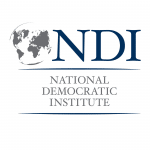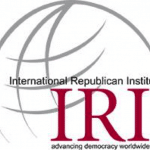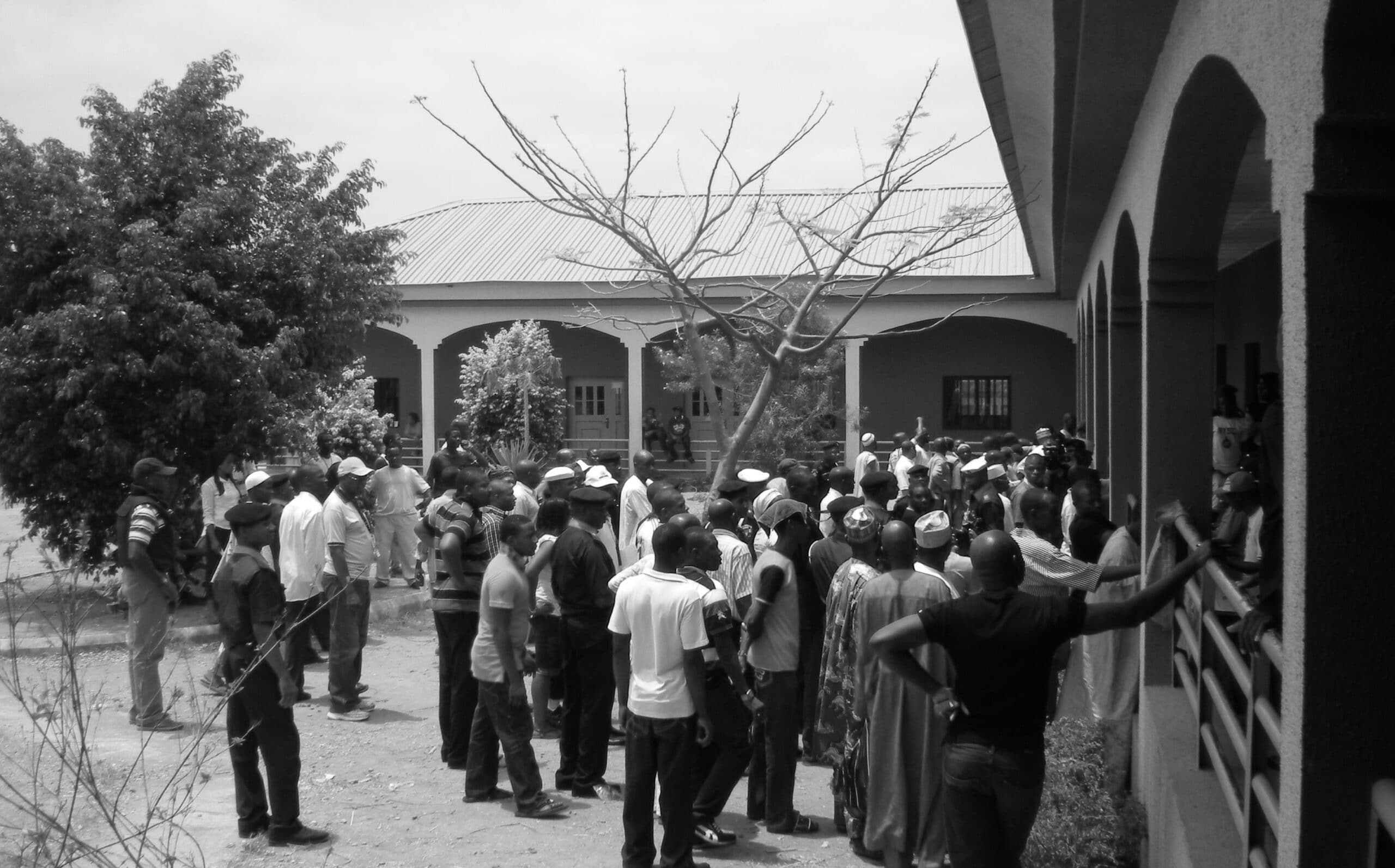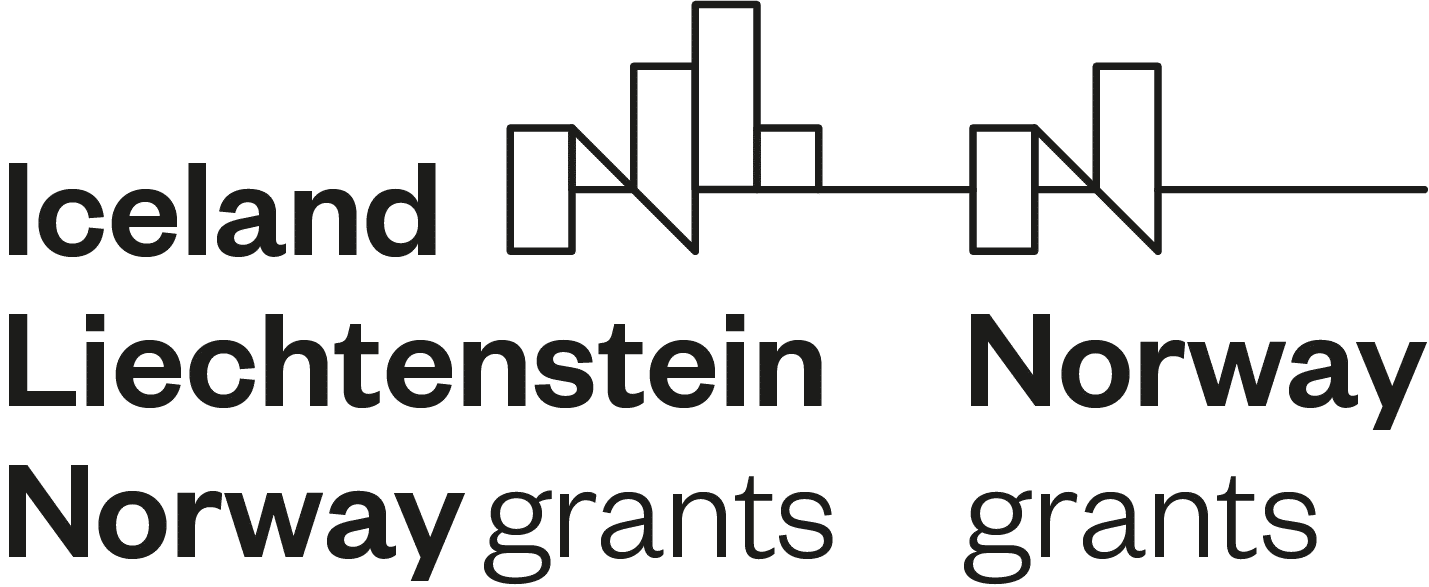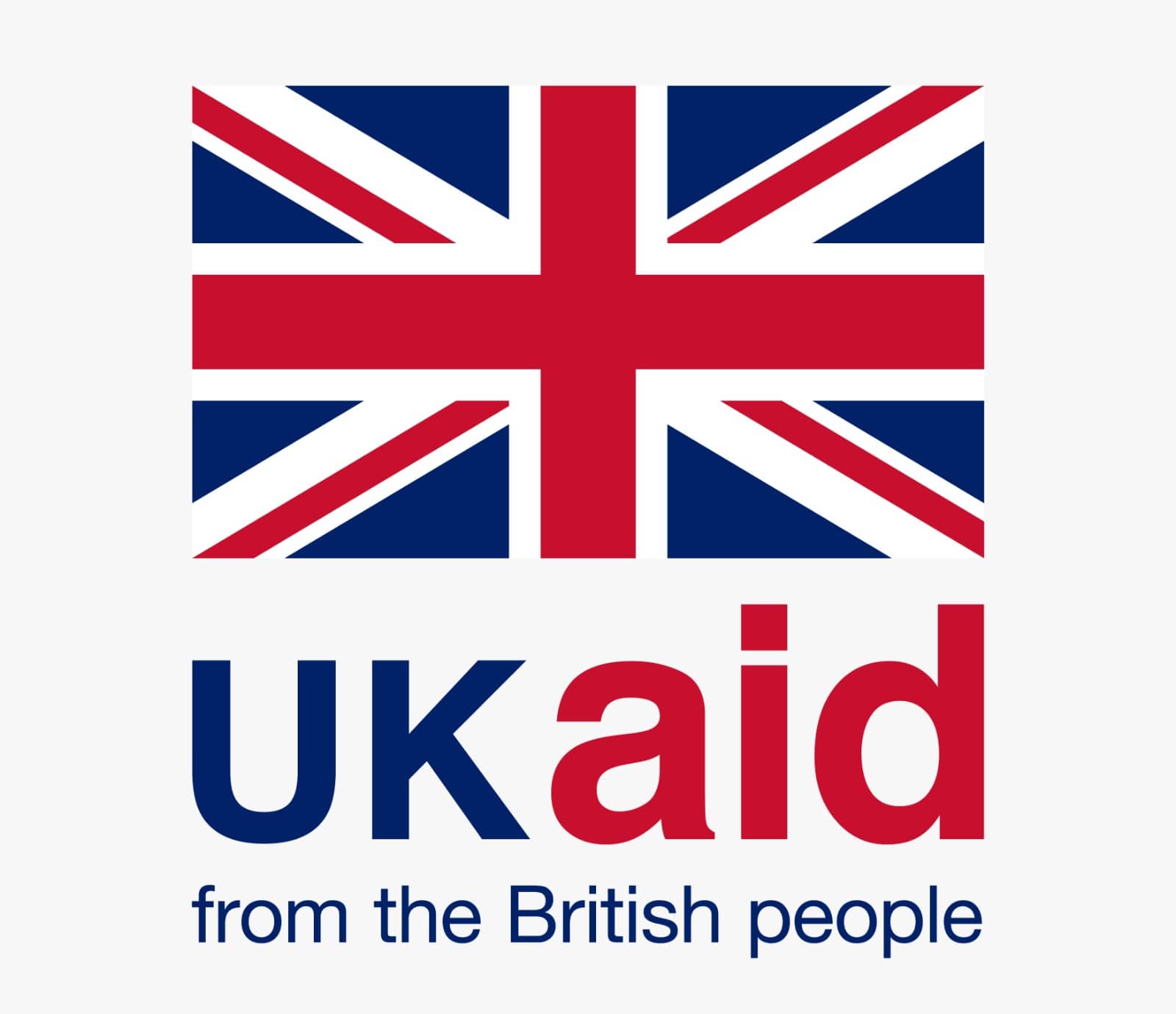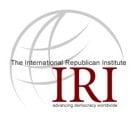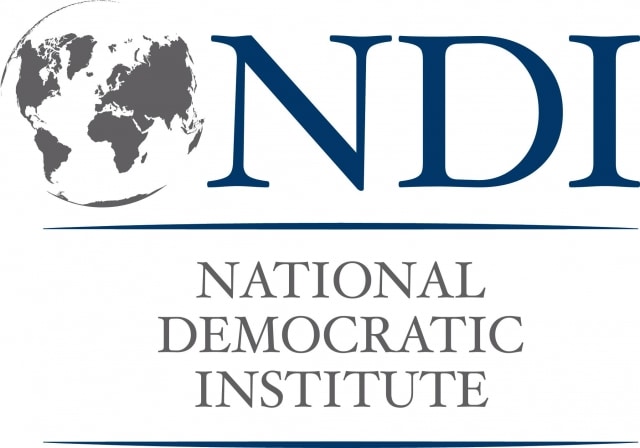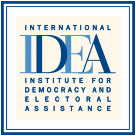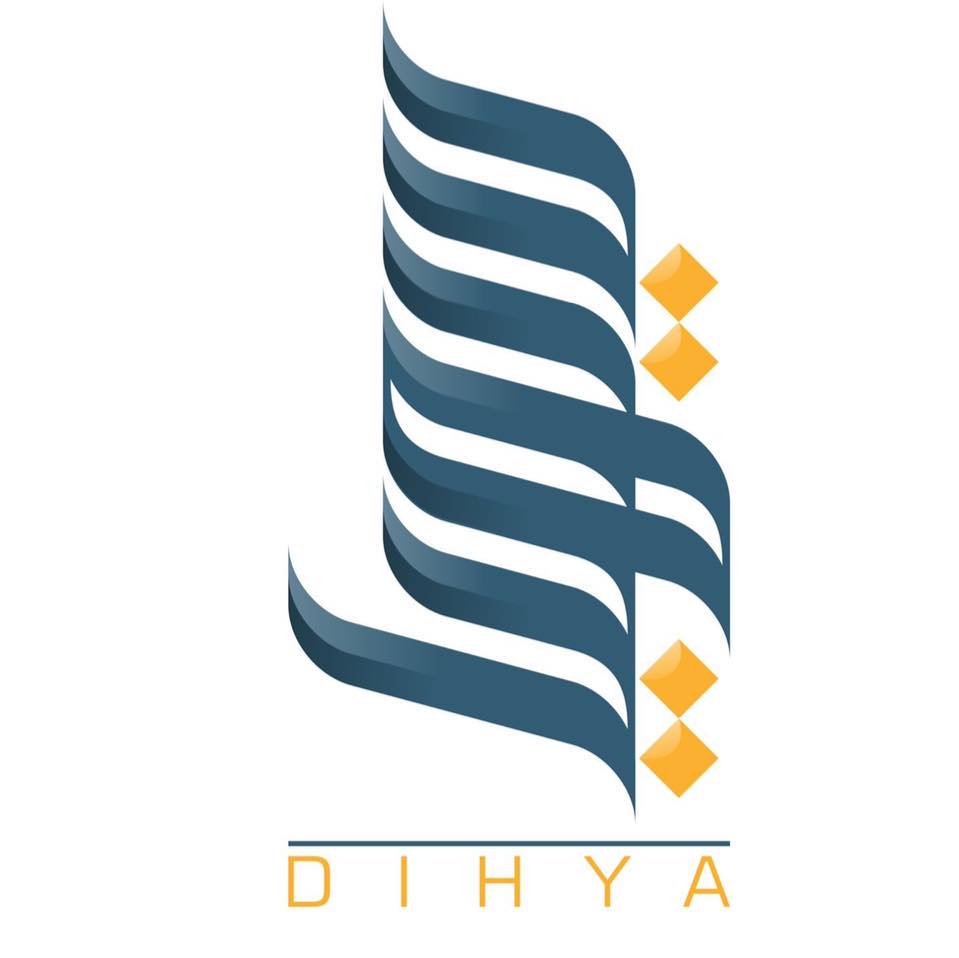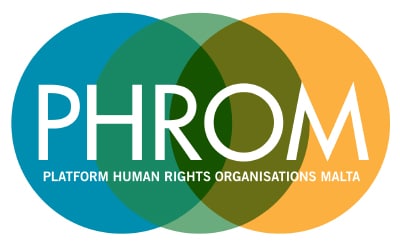Jordan elections: Pre-Election Asssessment Mission Statement
BCI’s President, Francesca Binda, recently returned from Jordan where she participated in the pre-election assessment organized by the National Democratic Institute and the International Republican Institute. The English statement is below.
Conditions in Place for Democratic Elections in Jordan; Parliamentary Credibility Depends on Enacting Will of Voters, IRI and NDI Joint Assessment Finds
Published Date: 08/02/2016
Amman – A joint pre-election assessment mission conducted by the International Republican Institute (IRI) and the National Democratic Institute (NDI) concluded that conditions for a democratic election process exist for the September 20th parliamentary elections in Jordan.
The Mission stressed that continued efforts to increase voter education, administer a transparent process, prioritize efficient election administration, and guarantee greater outreach and inclusion of women and youth are among the most important elements to ensuring that Jordanians trust the integrity of the election process and view the results as legitimate.
Mission delegates noted a substantial commitment on the part of the government and the Independent Electoral Commission (IEC) to improve upon the 2013 parliamentary elections process and to encourage broader parliamentary representation for all Jordanians. However, election officials and the government should not be complacent in assuming that the relative success of the 2013 polls ensure success for these elections.
The Jordanian government, IEC, and citizens understand the importance of the elections in upholding the integrity of their political reform process. There has been increasing concern among Jordanians about the parliament and government’s ability to develop policies addressing social and economic concerns while also advancing political reforms. The new election law established a candidate list system meant to increase diversity and improve nationwide representation in parliament. Much of the credibility of the next parliament will depend on the autonomy of its relationship with the government and its ability to effectively hold the government accountable for its policies and decisions. For Jordanians to gain more confidence in elected institutions and the political process, the next parliament must utilize its diversity to develop policy and initiate legislation that reflects the will of the voters.
The IEC has developed the administrative framework for a transparent and legitimate process. The fast-approaching election date presents significant challenges to ensuring the voters are well-informed and the election authorities have adequate preparation time. The constricted timeframe gives the IEC little time to prepare for a new and complicated electoral process, for parties to strategize and campaign, and for voter education and outreach to reach an adequate portion of the population.
The Mission noted four areas of emphasis necessary for successful elections:
Providing Intensive Voter Education – The upcoming elections are the first under a new law meant to lead to a more diverse, representative parliament. Moving to a district-based, proportional representation system has resulted in confusion and a lack of knowledge among voters as to how the ballot casting and seat allocation processes will work. Confusion about the process could negatively impact Jordanians’ belief in the legitimacy of the results and the representative nature of the new parliament. The IEC must continue as well as expand its voter education efforts with activities including mock voting, in-person and direct community outreach, and information campaigns through traditional media, social media, and public advertisements.
Ensuring Efficient and Transparent Election Administration – The delegation was impressed by the IEC’s apparent level of preparation and commitment to an impartial and organized process. The Jordanian government has seemingly provided adequate support and resources to enable successful elections, and the IEC has designed an electoral process prioritizing transparency, security, and accountability. The Commission appears to collaborate well with international organizations and has implemented a number of international best practices and incorporated recommendations from the 2013 process. The IEC’s comprehensive nationwide effort to reach out to voters through Facebook, SMS, and other outlets is encouraging and should be commended. The constricted timeline will require the IEC to sustain its current sense of urgency, pace of action, and decision-making processes if they are to ensure Jordanians’ trust in the electoral process.
Integrating Women as Competitive Candidates – More than 50 percent of registered voters are women, but their access to political and electoral processes continues to lag behind men. More women than ever before are anticipated to register as candidates and take part in campaigns. Parties can maximize their electoral success and win a greater number of parliamentary seats by including women on competitive candidate lists rather than relying on quota seats as the only means of women’s engagement. Political parties are encouraged to reflect greater gender balance in their campaign strategies and candidate lists and ensure women are provided an equal and independent voice in the elections.
Engaging Youth in all Parts of the Electoral and Political Process – Youth account for approximately 70 percent of Jordan’s population but are the least engaged in the political process. People younger than 30 are prohibited from running in the parliamentary elections and parties have been slow to develop policies and programs that encourage youth participation in politics. Marginalizing Jordanian youth will compound a growing sense of apathy and skepticism toward the political process and the civic life of the country. To realize a more vibrant and inclusive political system, young people must understand and value the importance of their vote and their participation in campaigns and elections. Targeted outreach, education efforts, and the opportunity to serve as observers, monitors, and volunteers prior to and on election day will contribute to greater inclusivity of Jordanian youth into the political process.
“There is a positive environment and solid administrative framework in place for a transparent electoral process. If the necessary resources and institutional capacity are devoted to ensuring that people understand and trust the process, these elections can improve upon the 2013 polls. The ultimate success of these polls will be measured by whether or not the new parliament reflects the diversity of Jordanians and initiates policies on that basis,” the Mission concluded.
The Mission’s assessment was conducted from July 24 to 27 by Mr. Brad Smith, Senior Advisor, Annenberg-Dreier Commission; Ms. Francesca Binda, President, Binda Consulting International; Mr. Olivier Ubéda, political consultant and Chief Executive Officer of Ubéda Partners; Ms. Erin Mathews, Director of Jordan Programs for NDI in Washington DC; and Mr. Ramsey Day, IRI’s Jordan Country Director based in Amman, Jordan. The delegation met with the Higher Council for People with Disabilities; the Minister of Political and Parliamentary Affairs; Jordanian Domestic Election Monitoring organizations; former members of parliament; political parties representing the spectrum of ideologies and constituencies; civil society and domestic policy experts; the chairman of the Independent Electoral Commission; representatives of other international organizations working to assist Jordanian election preparedness; and representatives of the international and diplomatic communities.
The mission was funded by the U.S. Agency for International Development.
NDI is a nonprofit, nonpartisan organization working to support and strengthen democratic institutions worldwide through citizen participation, openness and accountability in government. The Institute has worked in Jordan since 1994 to support parliamentary development, good governance and civil society.
IRI is a nonprofit, nonpartisan organization committed to advancing freedom and democracy worldwide by helping political parties to become more issue-based and responsive, assisting citizens to participate in government planning, and working to increase the role of marginalized groups in the political process – including women and youth.
For more information, please contact Ramsey Day, IRI Director, at RDAY@IRI.ORG, or Arianit Shehu, NDI Director, at NITI@NDI.ORG.
